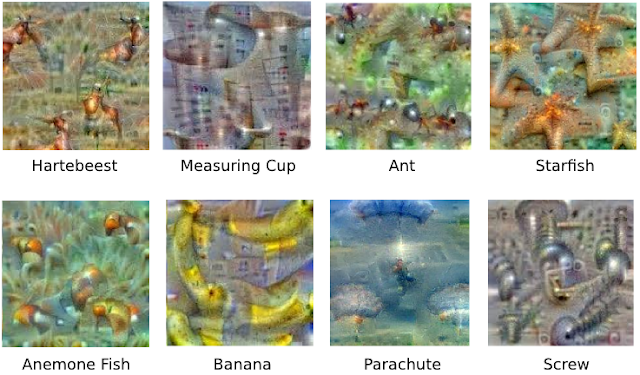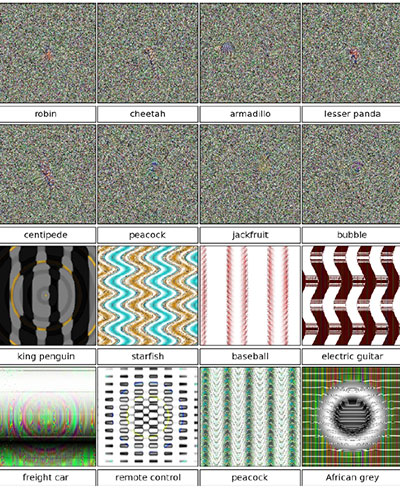The Hill has published some more information:
The state health department identified 469 COVID-19 cases among Massachusetts residents who went to Provincetown, a popular vacation destination in Barnstable County, in the month of July, including 346 fully vaccinated people.
Some 127 COVID-19 samples from the fully vaccinated, including recipients of all three U.S.-authorized vaccines, showed a similar viral load to the samples from the 84 unvaccinated people.
The report noted that microbiological studies are needed to confirm that similarity in the viral load to determine whether fully vaccinated people can transmit the virus.
I still have the impression that this data could be systematically biased: it makes sense that the viral load would be high among identified cases, but randomized testing of the broader population is needed to understand the base rates.


Is there a way to do this without needing to secure collateral for the refund, using some stable investment vehicle like a CD? “The earlier you pledge, the bigger refund you get if the contract isn’t fully funded” might help avoid the “waiting until the last moment” issue, but maybe there’s some perverse incentive or other blocker.
I’m also very curious about how this method could solve issues with funding of scientific research. The lack of market pricing for research is a major impediment to allocating public funds effectively. But what prediction market can accurately estimate the price of something that might not pay off for 100 years?